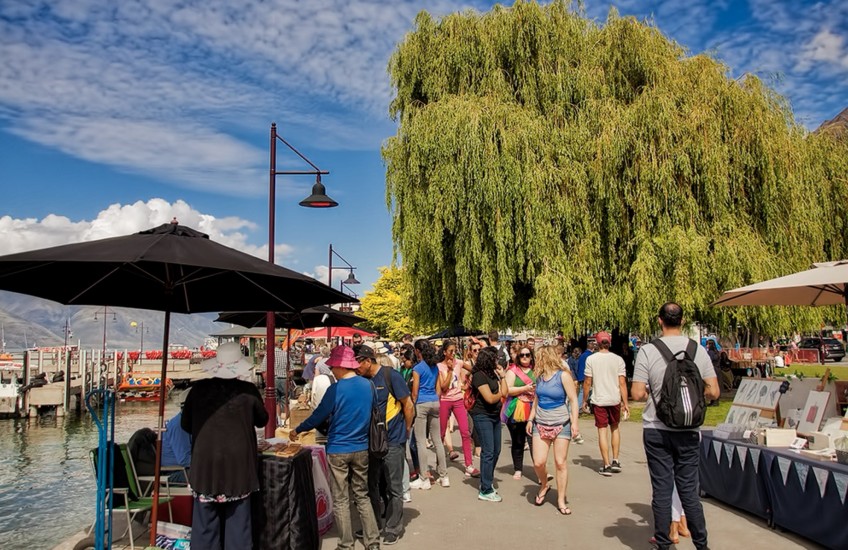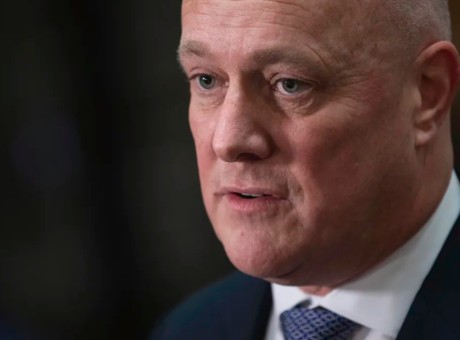QLDC lobbies Wellington for tax to fund $296m tourist cost

The Queenstown Lakes District Council has told Wellington decision makers there is a risk of a reduced social license for tourism in the community without the ability to tax tourists locally.
In a submission on the Ministry of Business, Innovation, and Employment's review of the country's international visitor conservation and tourism levy the council argues the nationally-administered levy "cannot be depicted as a replacement for a local visitor levy" in the district.
"The international visitor lacks both the rigour, the scale, and the targeting to actively address the real impacts of tourism, and therefore misses the opportunity to ensure that international visitors make a meaningful contribution to support local communities," the council says in the submission.
"A local visitor levy is an appropriate funding tool that has widespread support."
Modelling from 2018 shows it costs the district an additional $296 million over five years to ensure a sustainable future for tourism.
"Like other councils, QLDC is responsible for road transport, toilet facilities, parking, wastewater, water supply, waste minimisation and management.
"What sets QLDC apart is the significant proportion of these facilities and services that are used by visitors in relation to the small number of ratepayers, combined with the importance of Queenstown to the overall visitor experience to New Zealand Aotearoa.
"Currently there is a risk that the visitor experience to Queenstown is degraded due to overcrowded and limited facilities and traffic congestion."
The council warns the overall acceptance of tourism by local residents has deteriorated consistently in recent years, as the numbers do not stack up.
"The sheer magnitude of visitor numbers and their forecasted growth makes it impossible for QLDC to fund safe, future-proofed visitor infrastructure through the existing ratings model."
It says that while the district is viewed as a premium visitor destination, the average income for residents is still $66,000 per annum compared to the national average of $75,000 - and last year rates increased by an average 14 percent.
"Continued aggressive rate rises to fund tourism infrastructure will simply increase the pressure on struggling families further and exacerbate wellbeing issues."
The international visitor levy was introduced by the Labour government in 2019, and now the government is considering raising it from $35 to up to $100 - with budget day announcements suggesting they were already banking on extra bucks from it.
At the same time the Ministry of Business Innovation and Employment (MBIE) is also seeking feedback on what revenue from the levy is used for across tourism and conservation.
In its submission to MBIE, the council calls for more "accountability and transparency" around where the revenue is invested, and suggests it be apportioned to areas around the country based on total visitor numbers to each.
The submission is signed by acting council chief executive Michelle Morss and mayor Glyn Lewers.
The council has requested to be heard at any hearings that result from the consultation process.
Main image (File): Earnslaw Park Market in Queenstown.


























